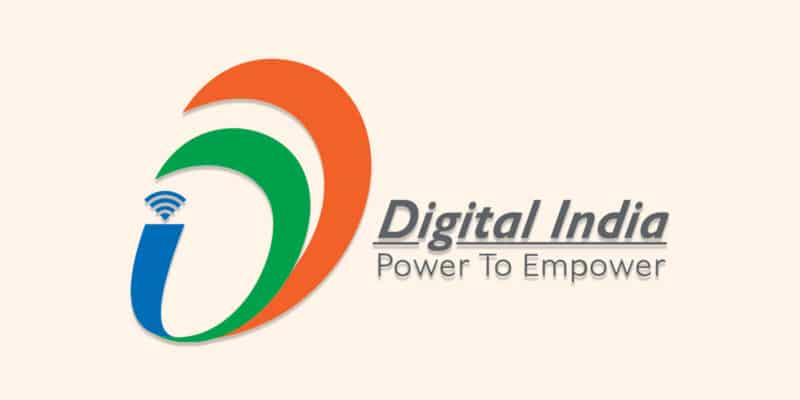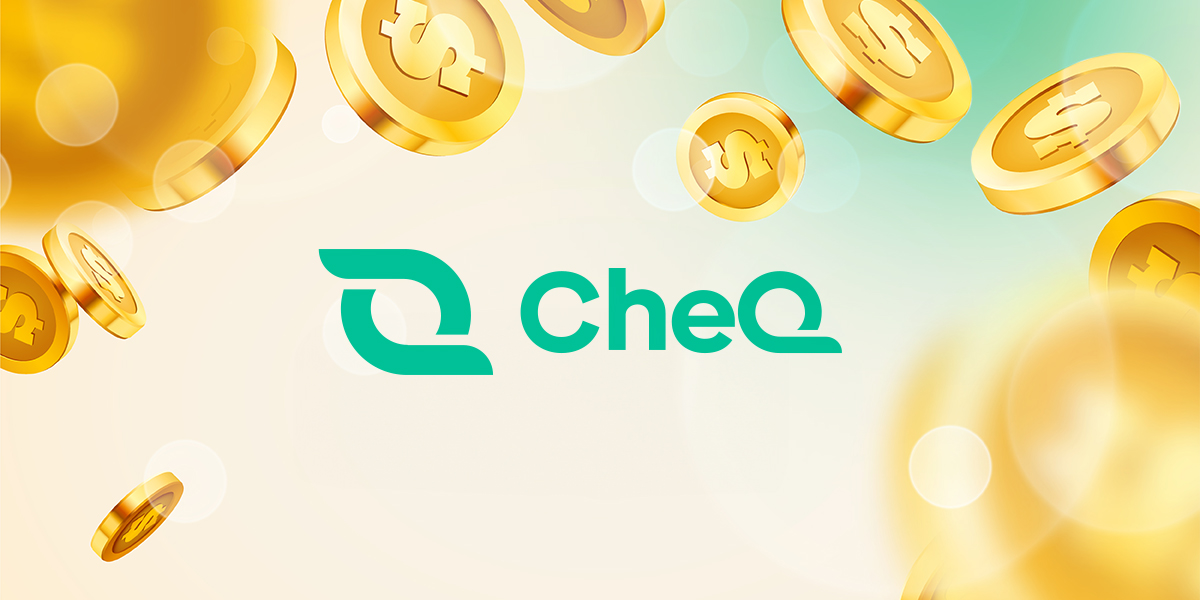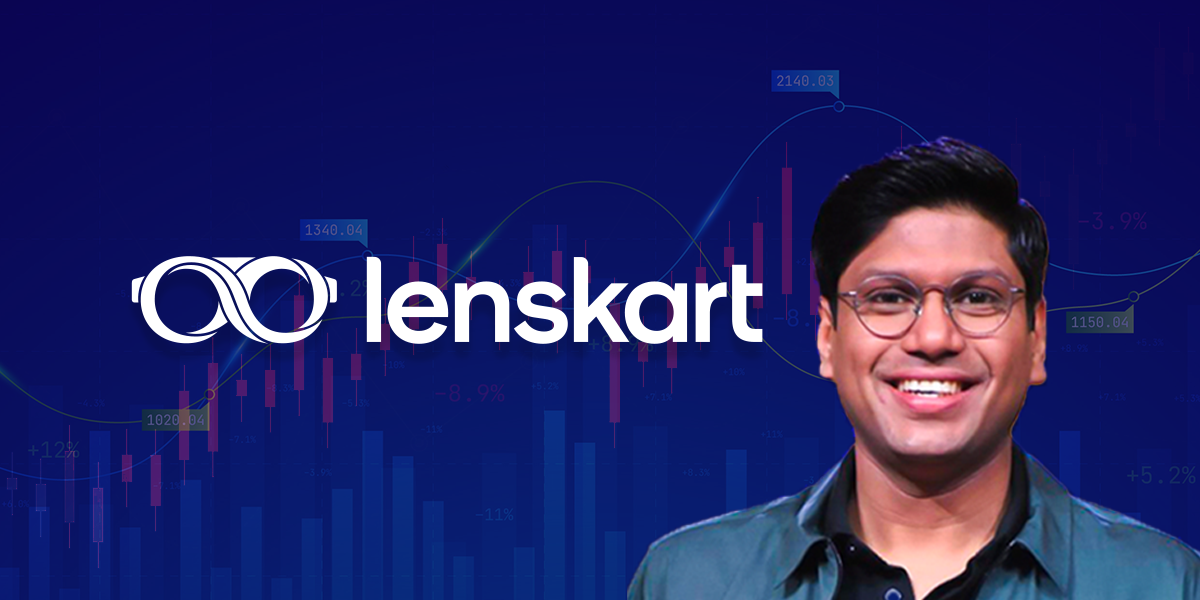The Indian government has begun laying the groundwork to replace its dated Information Technology Act, 2000 with a new Digital India Act. On Thursday, Minister of State for Electronics and Information Technology (Meity) Rajeev Chandrasekhar held the first-ever public consultation on the new rules.
Chandrasekhar shared a detailed presentation at a summit in Bengaluru, where he highlighted the challenges that the two decades-old laws have not been able to address even as the internet ecosystem in the country has radically evolved. For perspective, India had 5.5 million internet users in 2000, and now it is home to 850 million.
The internet in the last two decades has evolved to host multiple types of intermediaries: ecommerce, digital media, social networking, over-the-top, gaming, and more. While cybercrime existed back then too, internet users currently face more security challenges like cyber stalking, phishing, trolling, and lots more. The minister in the presentation also takes reconnaissance of the proliferation of hate speech, disinformation, and fake news.
“The new law should evolve through rules that can be updated, and address the tenets of Digital India,” the presentation said while citing “open internet,” “online safety and trust,” “accountability and quality of service,” “adjudicatory mechanism,” and “new technologies” as primary focus areas.
On online safety and trust, it stresses the need for “age-gating” by regulating addictive tech and protecting minor’s data, safety and privacy of children on social networking platforms, gaming, and betting apps, mandatory “do not track” requirement to avoid children as data subjects for ad targeting, among others.
It also points out the need for digital user rights such as the right to be forgotten and the right to secure electronic means. Another highlight is the need to critically examine and regulate “discretionary moderation of fake news by social media platforms.”
The intermediary challenge
The presentation also delved into the so-called “safe harbour” to intermediaries.
In the past, India has found itself at loggerheads with Twitter over non-compliance with social media rules, which at one point led to the social networking company losing safe harbour protection. This meant Twitter could be held accountable for the content posted by users in India.
Since then, the government has worked to expand the definition of intermediaries: it has used the terminology for the gaming sector as well.
The minister in the presentation called for separate rules for each class of intermediaries, which it identifies as ecommerce, digital media, search engines, gaming, and AI, among others.
“Should there be ‘safe harbour’ at all for intermediaries?” the presentation posed the question.
The presentation also called for an urgent need for a “specialized and dedicated adjudicatory mechanism” for online civil and criminal offenses. The mechanism should be easily accessible, deliver timely remedies to citizens, resolve cyber disputes, develop a unified cyber jurisprudence, and enforce the rule of law online, according to the upcoming Digital India Act.
When to expect the new law?
Now that the government has already held the first consultation, two more rounds of consultations are scheduled before a draft bill is published, according to MoneyControl.
A draft of the bill is expected to be ready by the end of this month followed by another two to three months period for the public to send their feedback. After this, a final version of the bill will be released.














